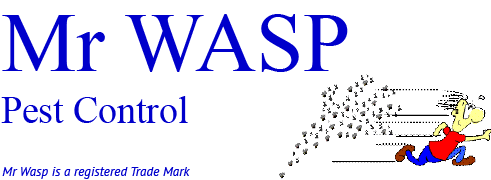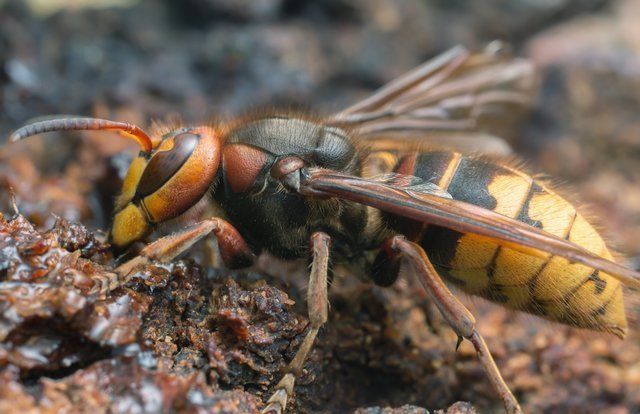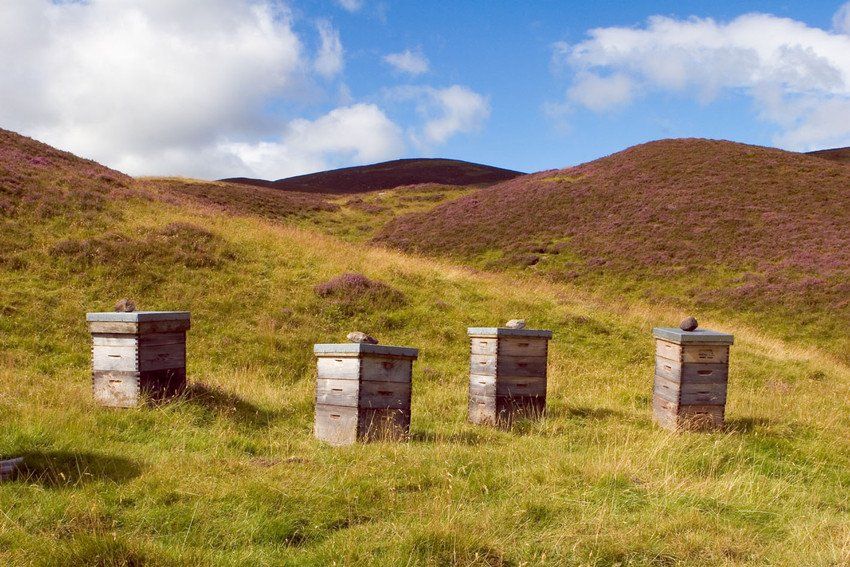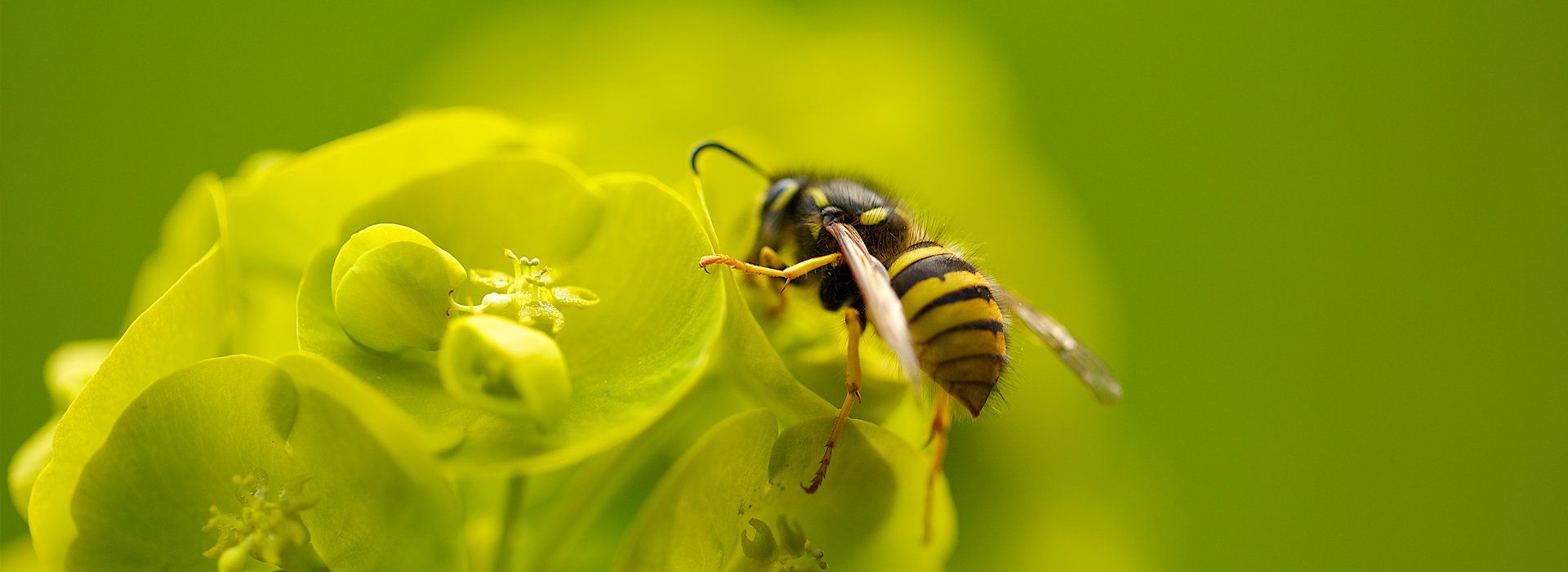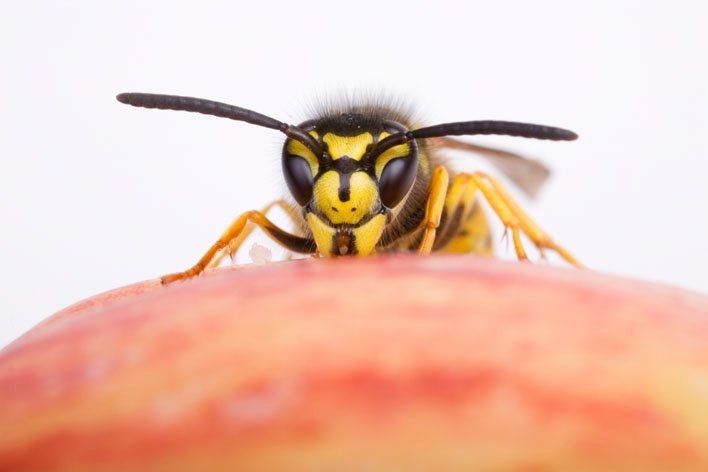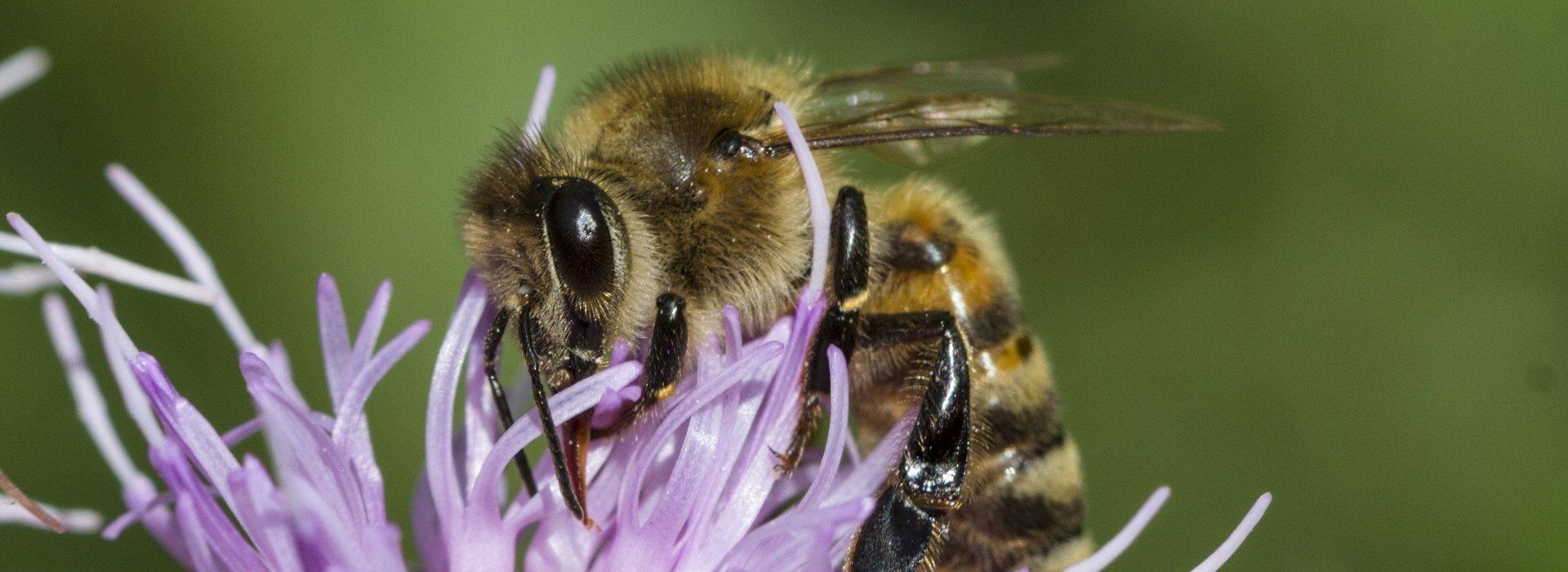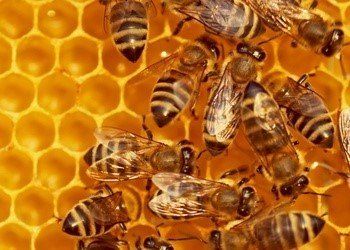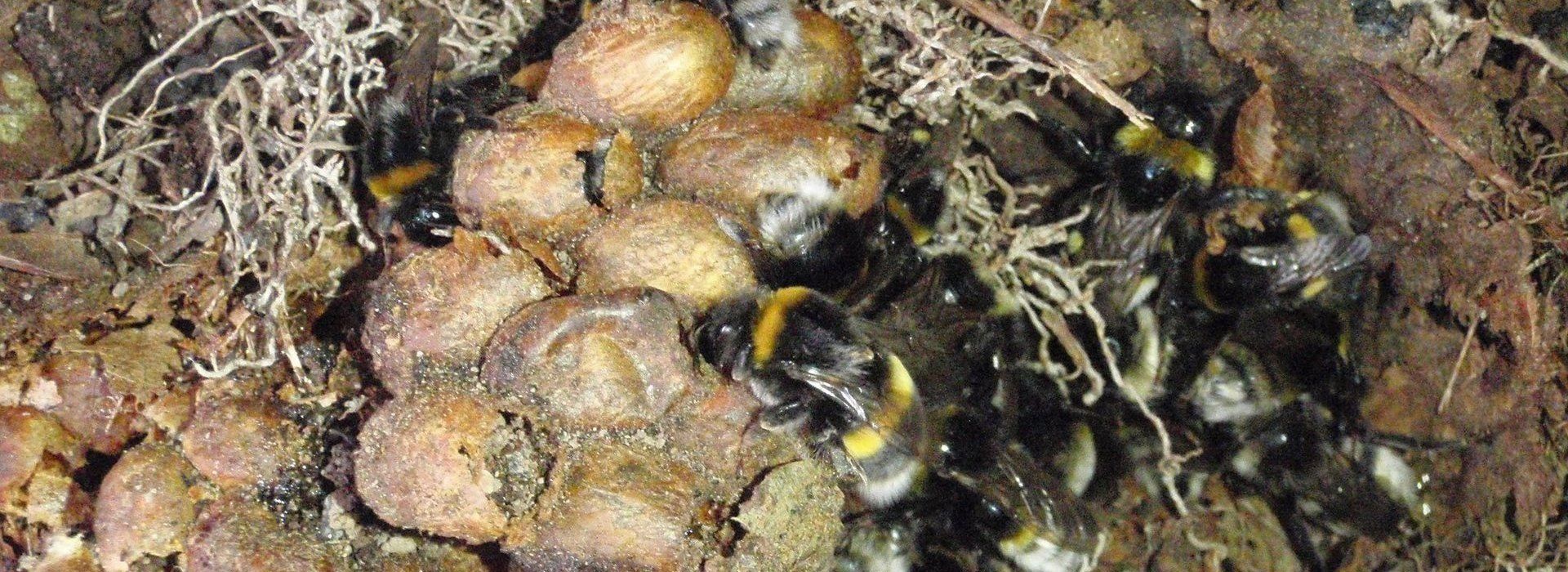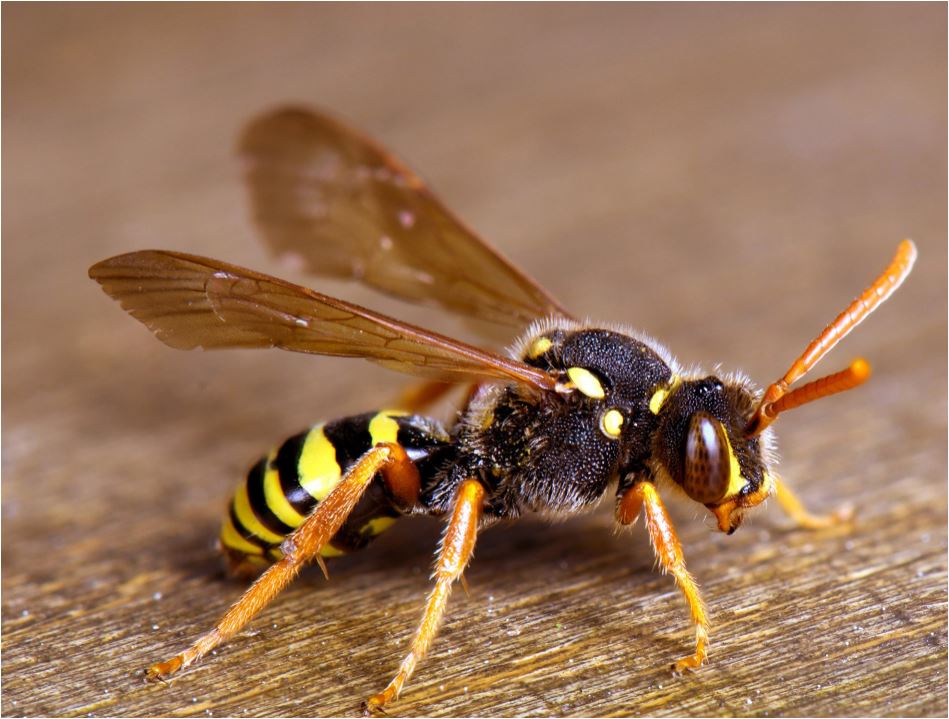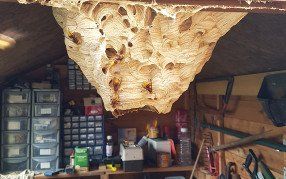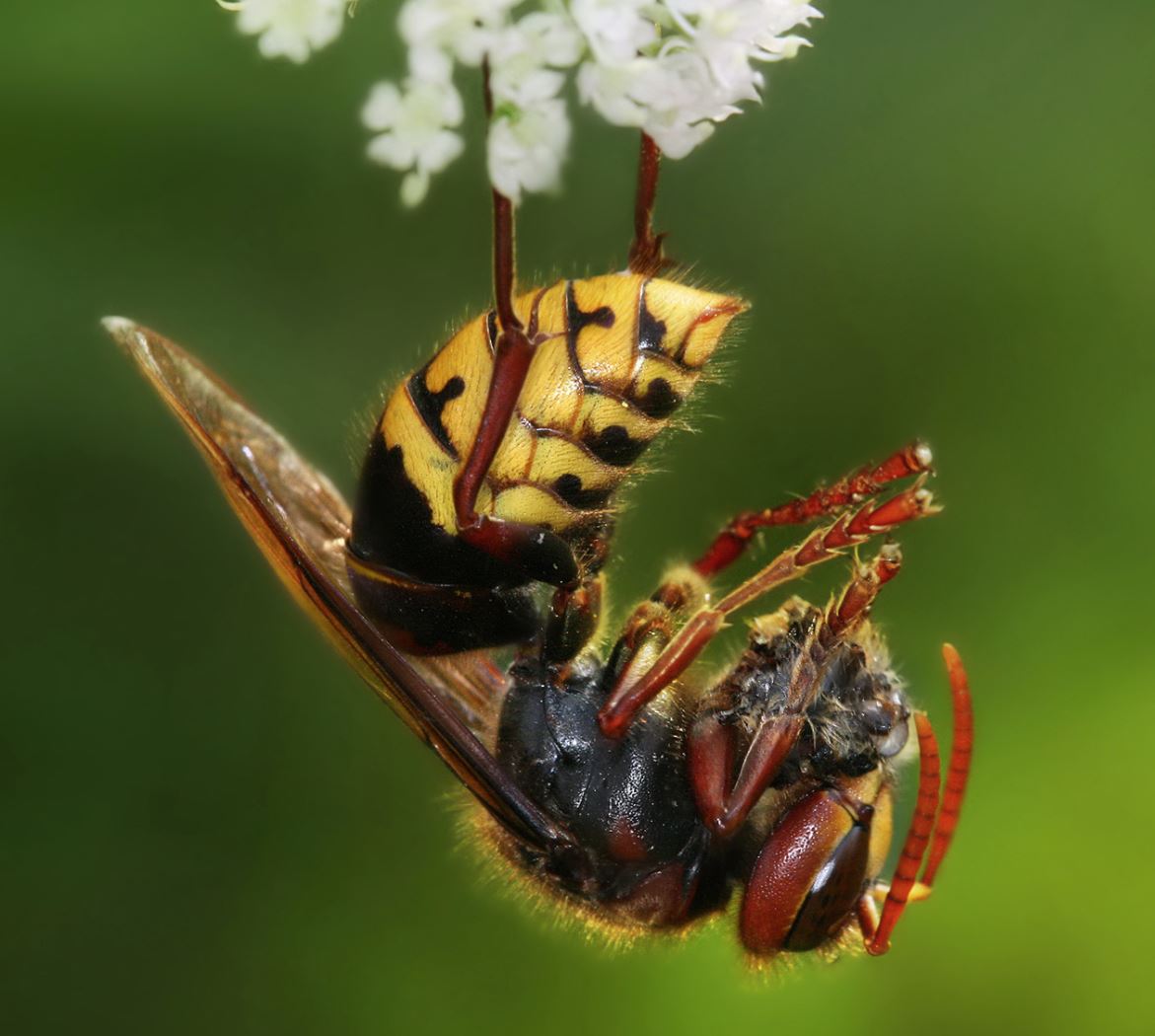Know Your Hornets: How to Identify Them
Summer has finally arrived and it has given us ample opportunity to get outdoors and finally enjoy a bit of the sun. However, it has also given us the opportunity to encounter lots of pesky bugs and insects. This isn’t a major issue, however, when you encounter them in your back garden or within the vicinity of your home or property, it can be a problem.
With this in mind, here are some ways to identify a hornet. Commonly mistaken for a wasp, hornets are incredibly common and it’s likely you’ll encounter them at some point - so here is what you need to know!
The UK is home to one native hornet: the European hornet. These are classed as the largest and most aggressive members of the hornet family. This type most common in the UK is known as the Vespa Crabro.
The Crabro is classed as the least aggressive of the hornet species and is known for preferring to bite rather than sting humans, even when provoked. The venom of some hornet stings, such as that of the Asian giant hornet, is particularly painful because it contains a large volume of acetylcholine. So bearing that in mind, you want to be careful around them.
What other issues do they cause?
Hornets are known to prey on insects. This includes honey bees and other pollinators, it is a significant threat to bees as well as other native species in the UK. They are highly likely to be seen close to beehives, preying on bees defending their hive.
What if you encounter a hornet’s nest?
If one single hornet senses it’s in danger or that the nest is under threat, it releases a pheromone that alerts the rest of its nest. The hornets in the nest prepare to respond to the threat with aggression. One nest typically contains 5,000 hornets, and by no means would anyone want to deal with a nest of this scale.
Hornets can make their nests in a number of locations, including gardens, domestic locations and commercial buildings - and we’re here to help in all situations. Mr Wasp is the go-to team for hornet, bee and wasp removal across South Wales, so put your trust in our specialist today. Contact us to find out more.